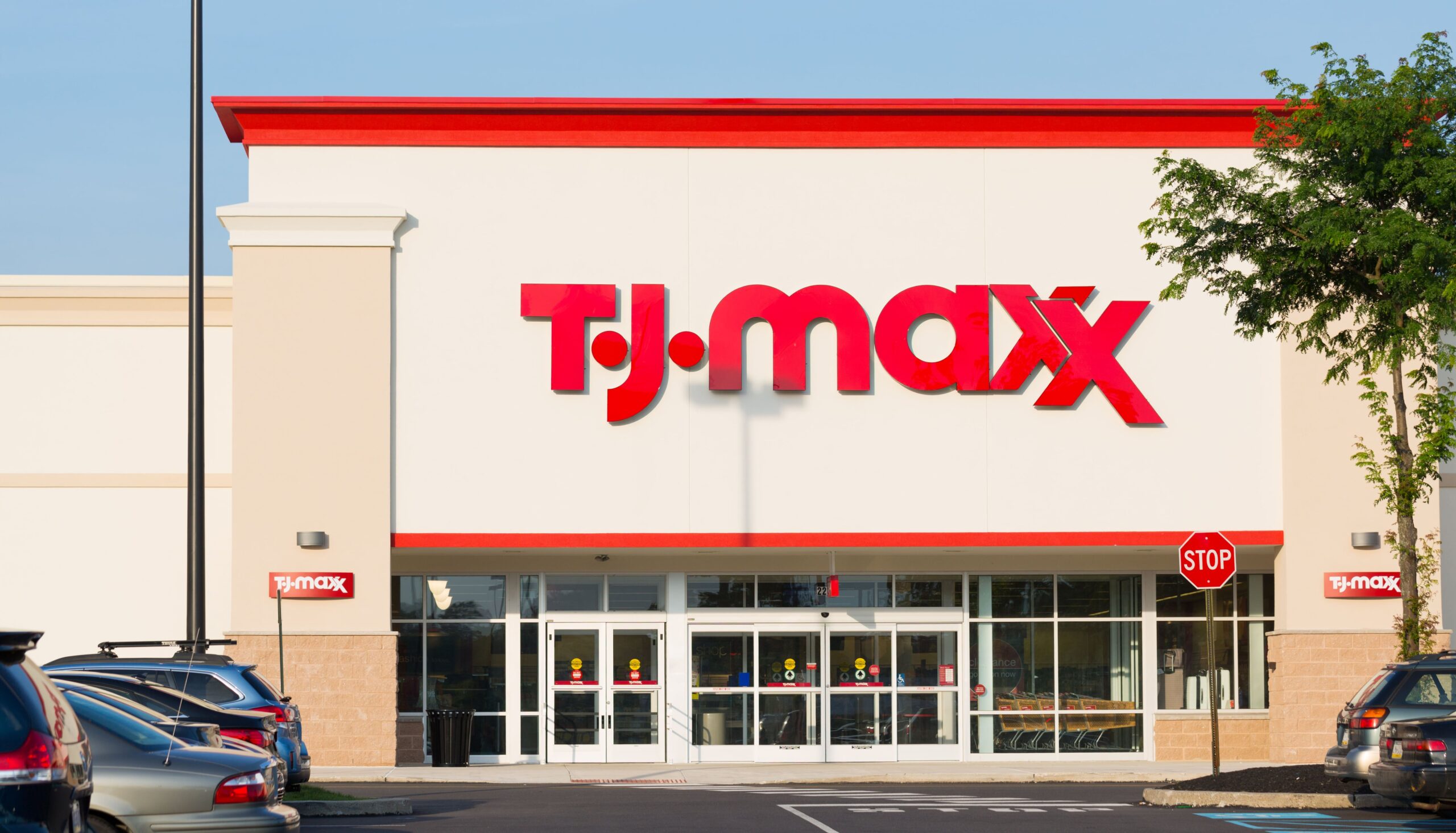
Off-price retailer TJX Cos raised annual profit forecast after quarterly results beat estimates on Wednesday, banking on gains from easing costs and strong demand for its affordable apparel and accessories.
Shares of the company were up about 5 percent in early trading.
Over the past six quarters, TJX has kept prices low to attract shoppers who are worried about spending in an inflationary environment.
With newer product assortments and well-maintained inventories, the company has been able to lure in customers looking for their back-to-school purchases.
According to the Commerce Department’s Census Bureau, US retail sales rose more than expected in July as consumers kept spending by bargain hunting and trading down to affordable substitutes.
“The relatively stronger performance of TJ Maxx and Marshall’s reflects the rising popularity of these fashion-oriented stores among shoppers looking to refresh their wardrobes on a budget,” said Sky Canaves, analyst with eMarketer.
TJX said its third quarter is off to a “strong start” and sees more buying opportunities in the marketplace as it is well-positioned to ship fresh merchandise to both stores and online in the upcoming fall and holiday seasons.
Furthermore, benefits from easing freight costs helped TJX earn quarterly profit of 96 cents per share, versus analysts’ estimates of 92 cents apiece.
The company expects annual earnings per share of $4.09 to $4.13, above earlier forecast of $4.03 to $4.09.
It reported net sales of $13.47 billion in the quarter ended Aug. 3, compared with analysts’ estimates of $13.31 billion, according to LSEG data.
TJX said it has agreed to invest about $360 million for a 35 percent stake in Brands For Less, a privately held off-price branded apparel and home fashions retailer in Dubai.
It also maintained the upper end of its annual comparable sales forecast of a 3 percent rise.
By Anuja Bharat Mistry; editing by Alan Barona
Learn more:
TJX Posts Upbeat Q1, Lifts Annual Profit View on Robust Demand
Lower prices compared to department stores and cooling inflation have allowed shoppers more room to shop outside just essentials, boosting demand across product categories for the off-price retailer.



